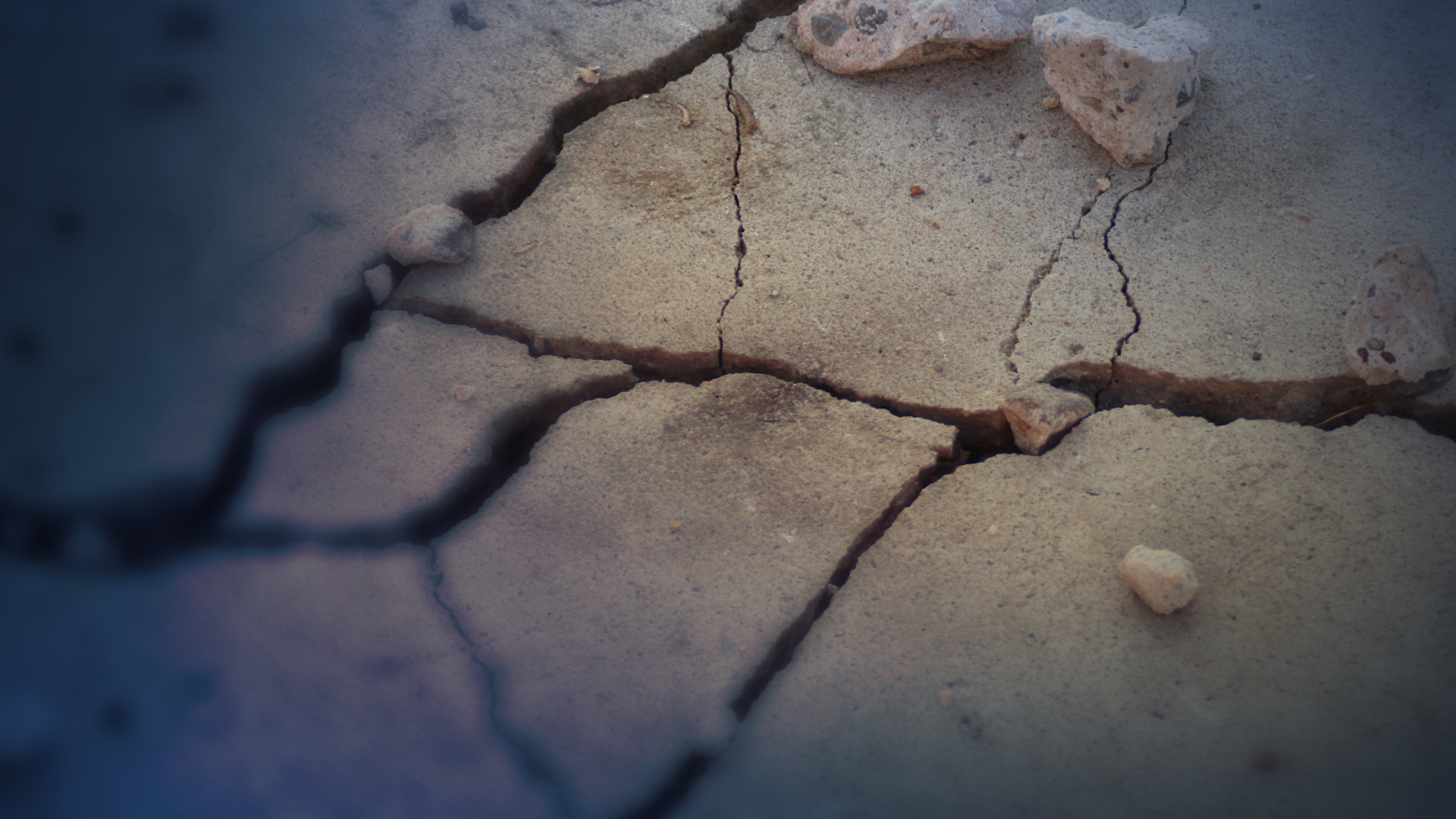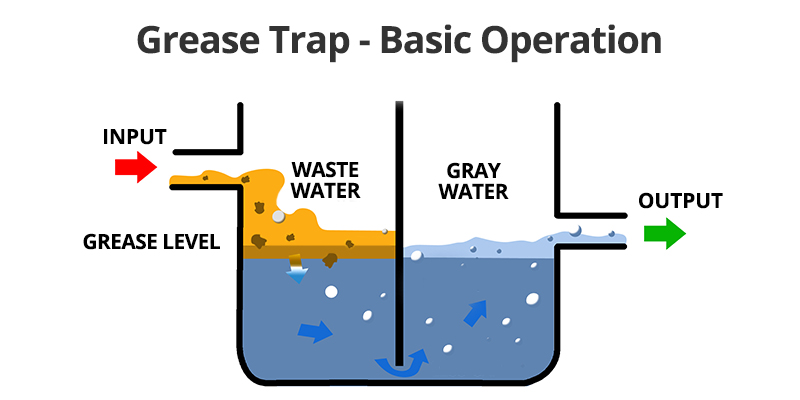
What is Negligence?
In a strictly legal sense, negligence is conduct that falls below the standard established by law to protect others against unreasonable risk of harm. Negligence can be either civil or criminal in nature. Civil negligence is a term used to define the conduct of a person, company, or other entity that “fails to exercise the standard of care that a reasonably prudent person would have exercised in a similar situation.” Criminal negligence is conduct that ignores obvious risks or disregards the life and safety of others.
Most of the personal injury lawsuits our negligence lawyers handle assert civil negligence as the behavior or actions that caused harm. Negligent behavior towards others gives those harmed the right to be compensated for damages to their body, property, mental well-being, financial status or relationships.
Proving Negligence in a Lawsuit
However, just because you have been injured in some way does not entitle to file a personal injury lawsuit for negligence. To prove negligence and collect compensation for injury or loss, our negligence lawyers must very closely and comprehensively collect all the facts, evidence, and circumstances that led to your injury or loss and the toll it has taken on you and your family in the form of actual damages.
In court, we must prove five elements of negligence that resulted in your accident. They are:
- Duty: This concerns the relationship between the plaintiff and the defendant. Our negligence lawyers must be able to prove that the defendant owed you a duty of care (responsibility) not to cause you or others harm.
- Breach of duty: Once duty has been established, we must prove that the defendant failed to meet a level of standard care, which resulted in the injury to you or a family member.
- Cause in fact: We must demonstrate the causal connection between the defendant’s conduct or actions and the resulting harm to you or your family.
- Proximate cause: Our negligence lawyers must also establish a direct correlation between an act of negligence and the injury that resulted from it and whether that harm was foreseeable.
- Harm/Damages: Finally, our negligence lawyers must be able to show that the defendant’s negligence resulted in actual damages for you or a family member.
Examples of Negligence Lawsuits
Grease Traps
Federal and state safety rules require restaurants and other commercial establishments that deal with oily wastewater to manage the disposal of fats, oil and grease in a manner that prevents sewer system contamination. This is commonly achieved with the installation of an underground or above-ground grease trap. Smaller businesses may have a grease trap located above ground, but many facilities have large grease traps buried underground.
Underground grease traps are generally large tanks embedded in the ground that can hold anywhere from 100 to 3,000 or more gallons of wastewater. They work by slowing down the flow of hot greasy water and allowing the oil and water to separate. The grease floats to the top, where it can be removed and discarded while the water flows into the sewer system.
Beasley Allen’s negligence attorneys have successfully handled cases involving the negligent operation of grease traps and the devastatingly tragic injuries they have caused others.
The top of the grease trap is usually installed flush with the ground, with removable lids so that trucks can pump out the grease for disposal. While there are plumbing codes and other state and municipal regulations governing wastewater and grease disposal, there is no uniform code for safety surrounding the devices.

Outdoor grease traps located in a traffic area must have a cover “capable of withstanding the traffic load,” but compliance varies widely. Many grease traps have plastic covers, which pose a risk of cracking and loosening. There are many instances where insufficiently secured lids have flipped over when someone steps on them, allowing the person to fall into the grease pit. Tragically, this has resulted in numerous deaths and serious injuries throughout the nation.
Dram Shop or Social Host Negligence
Sometimes, it is not just the drunk driver who is to blame for a drunk driving accident that results in injury or death. Many states have laws that hold the restaurant, bar, liquor store, or party host that served alcohol to a visibly intoxicated person liable for accidents and injuries those customers caused.
Dram shop liability is established in laws governing bars, taverns, liquor stores and other commercial establishments that serve alcoholic beverages. These laws allow for civil negligence claims, personal injury claims, and even criminal negligence charges against the business or individuals who knowingly served alcohol to someone they should not have.
Social host liability laws hold party hosts liable for selling or providing alcohol to a minor or anyone else who was allowed or encouraged to drink excessively. When these partygoers go on to cause an accident resulting in injury, the host is liable. Both social host liability laws and dram shop laws may also hold party hosts and alcohol retailers liable for property damage caused by those to whom they served alcohol. Both types of laws also apply to intoxicating substances other than alcohol.
If you or a family member have been injured by a drunk or otherwise impaired driver, you might be able to file a personal injury lawsuit under these laws. Call us today. Our negligence attorneys will evaluate your claim at no cost or obligation to you.
Contact a Negligence Lawyer
No one should have to suffer due to the negligence of others. If you feel that someone else’s negligence has caused you personal injury, contact one of our negligence attorneys today for a free case evaluation.
Related News
Our Atlanta Lawyers Praise Tribute Honoring Athens, Georgia, Client
If you look around our country, you will find that many streets bear names of…
$5.75 Million for Client Who Suffered Traumatic Brain Injury in Trucking Accident
A woman driving on a rural roadway late at night on her way to pick…
$4 Million for Client Disabled by Negligent Commercial Driver
Beasley Allen attorney Warner Hornsby obtained a $4 million settlement for a Jacksonville, Fla., woman…



